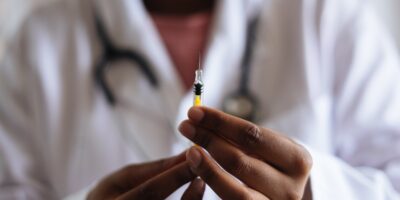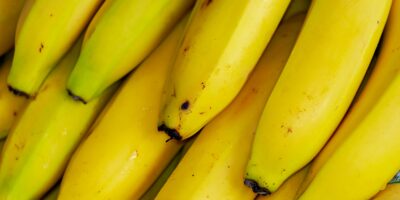There are many, many things we do as humans that are detrimental to the health of the environment. Driving to go see your grandmother releases carbon emissions, further insulating our atmosphere and contributing to climate change. Getting a cup of coffee on campus has the combined effects of the agricultural impact of growing coffee beans, the human impact of poor working conditions for many field labourers, the shipping causing more carbon emissions, the electricity used to roast and grind the beans, as well as the entire process for harvesting materials, producing, packaging, shipping, and then filling a disposable paper coffee cup.
Buying your favourite chicken-salad wrap for lunch in the plaza has to take into account all of the agricultural production of the grown ingredients, like the vegetables, as well as the welfare of the animals, and the processing, feeding and waste created by producing meat products. Factory farming is going to be covered in another issue, but the environmental impact of industrial-scale agriculture is enormous. Just my typing this column on a relatively new computer has a significant impact, with the precious metals and other materials mined to produce the components, the shipping of those raw materials, the shipping of the assembled product, and the inevitable obsolescence of this laptop.
While all of this can be overwhelmingly depressing, we’re not quite in a position of no hope yet. Upcycling, the process of taking scrap/waste material and making something new from it, has endless possibilities in tackling the waste problem. Just carrying your own coffee mug – or even a mason jar – cuts down the amount of waste produced by the average North American by a significant amount. Bring Tupperware if you need to buy lunch on campus – most places are quite happy to deposit your Pad Thai in your own container as opposed to their disposable one. Now that it’s summer, clothes dryers only waste your money when you can hang dry stuff on whatever horizontal surface is available.
Just doing some basic googling to figure out what is and isn’t recyclable makes a world of difference for the person who has to sort through all the recycling at whatever centre your local waste collection drops them off.
Making a difference isn’t that hard. Walking back home from campus instead of driving or taking the bus is free, and better for everyone. While the GRT is free with student cards, Waterloo is the only place [of which I am aware] to have this luxury. Working in Toronto? You are welcome to commiserate with me over the $115 metropass every month of co-op.




Leave a Reply